How To Treat High Blood Pressure At Home
Hypertension or high blood pressure occurs when the force of blood pushing against the walls of the blood vessels are greater than normal. This causes the heart to work harder to deliver oxygen and nutrients throughout the body. High blood pressure is caused by a buildup of plaque or cholesterol that forms tiny tears in the tissue of the artery walls. The more plaque that builds up, the narrower the blood vessels become, which increases the risk of heart disease, heart attack, and stroke. Here are some tips for treating high blood pressure at home.
10. Reduce Stress
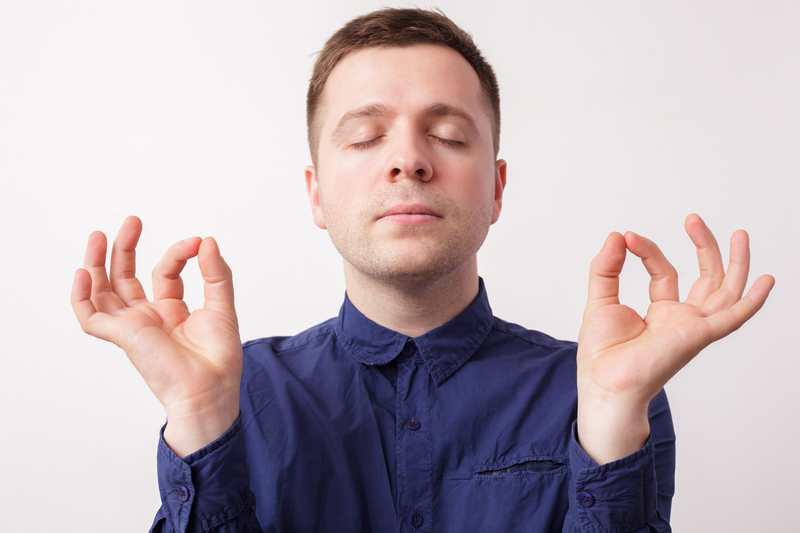
Chronic stress increases the risk of inflammation in the body, including in blood vessels, which causes high blood pressure. Finding healthy ways to reduce stress is beneficial for lowering blood pressure, especially if usual coping mechanisms include indulging in unhealthy foods or alcohol. Exercise, yoga, Pilates,aroma therapy and meditation are all great ways to deal with stress in a productive manner. Be sure to plan quiet time each morning before work to prepare for the day. Practice doing breathing exercises to deal with stress at work.
9. Home Monitoring
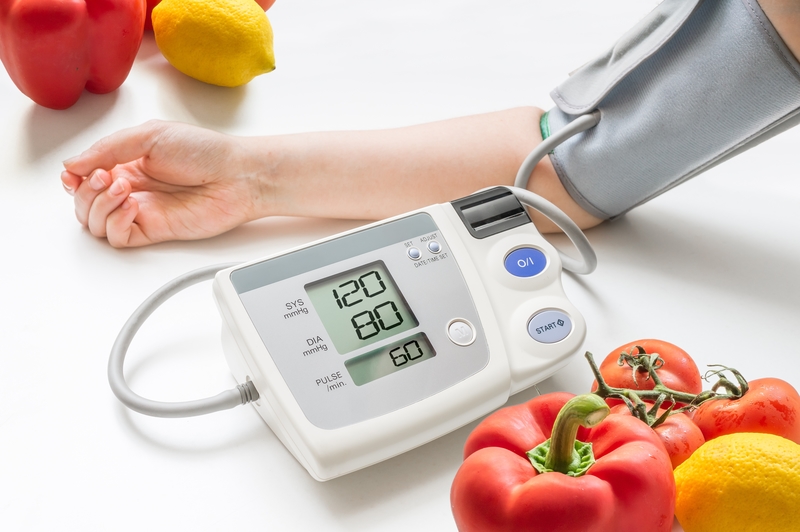
Monitoring blood pressure levels at home is a good way to determine what factors are triggers. If blood pressure spikes after eating certain foods or stressful situations, write them down in a journal and show them to a heart doctor for tips on how to deal with these factors. There areseveral products available that allow you to track your blood pressure without the doctor's office. Be sure not to skip doctor appointments as monitoring the condition is an important part of limiting further damage, such as a heart attack or stroke. Talk to a physician about the proper way to use home monitors.
8. Limit Alcohol

In small amounts, some forms of alcohol such as red wine are healthy. It can even lower your blood pressure levels by up to four milligrams of mercury if consumed in moderation. But drinking large amounts of alcohol, including more than one drink per day for women and men over the age of sixty-five, or more than two drinks for men under the age of sixty-five, may increase blood pressure by several points. Alcohol may also comprise many blood pressure medications.
7. Decrease Caffeine Intake

Although the effect of caffeine on blood pressure is unclear, it might be best to avoid or limit it as much as possible. Research shows caffeine may not have an effect on blood pressure in people who drink it regularly, but it may raise blood pressure by up to ten millimeters of mercury in people who only occasionally indulge in it. Blood pressure level can be checked within thirty minutes of drinking caffeine to detect whether or not it increased. Sensitivity to caffeine might occur if there is a five or ten milligram of mercury increase after consumption. Luckily, there are plenty of decaffeinated options for most products.
6. Stop Smoking
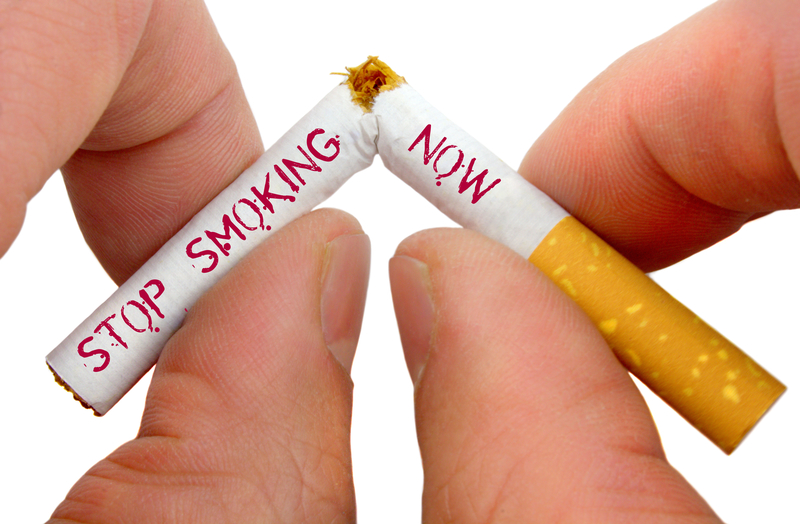
Although it is often easier said than done, giving up smoking is a proven way to reduce blood pressure. Every cigarette smoked increases blood pressure for several minutes after it is finished. Regardless of age, anyone who quits smoking will see an increase in life expectancy. Seek professional help if attempts to quit have failed in the past. Doctors may be able to prescribe medication or nicotine patches to help kick the habit.
5. Reduce Sodium
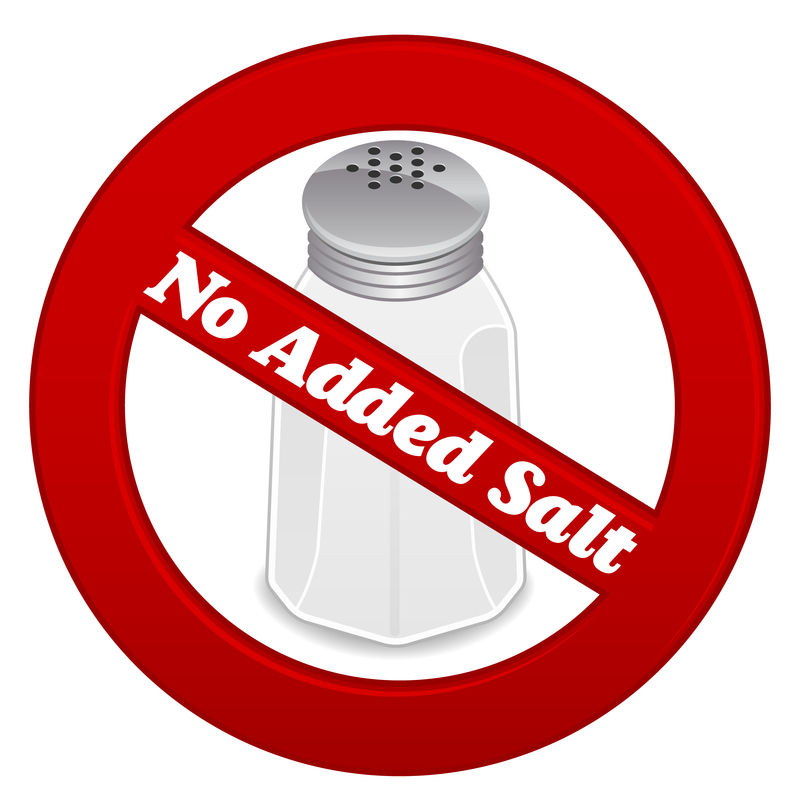
Reducing dietary sodium levels by even a small amount may lower blood pressure by up to eight milligrams of mercury. People with high blood pressure are advised to limit sodium intake to less than two thousand three hundred milligrams each day. Limiting sodium intake to include less than one thousand five hundred milligrams each day is recommended for people with a greater salt sensitivity, including people over the age of fifty-one, African-Americans, and anyone who has been diagnosed with diabetes, chronic kidney disease or high blood pressure.
4. Exercise

Exercising for thirty minutes a day may be able to lower blood pressure by up to nine millimeters of mercury. Consistency is vital as blood pressure will go back up once exercise stops. Exercise is a good way for people with pre-hypertension or slightly high blood pressure from turning into fully developed hypertension. Aerobic exercise including walking, cycling, swimming, dancing, or jogging is the most effective for reducing blood pressure. Resistance training should also be incorporated into a regular exercise program. If thoughts of going to the gym are daunting, setting up a workout room at home is as easy as finding a basicset of weights, resistance bands, or an exercise ball.
3. Dietary Approaches to Stop Hypertension Diet
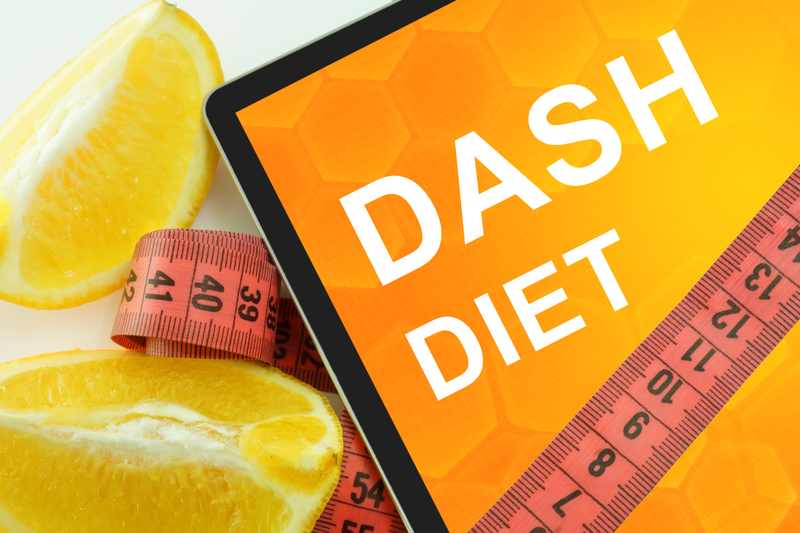
The Dietary Approaches to Stop Hypertension Diet, also known as the DASH diet, is designed for people with high blood pressure. It includes eating lots of fruits, vegetables, nuts, whole grains, and lean meats while avoiding saturated fats and cholesterol. The DASH diet has been shown to reduce blood pressure by up to fourteen milligrams of mercury. Avoid processed foods and sugars by cooking at home as much as possible and choosing water or herbal tea over soda.
2. Lose Weight
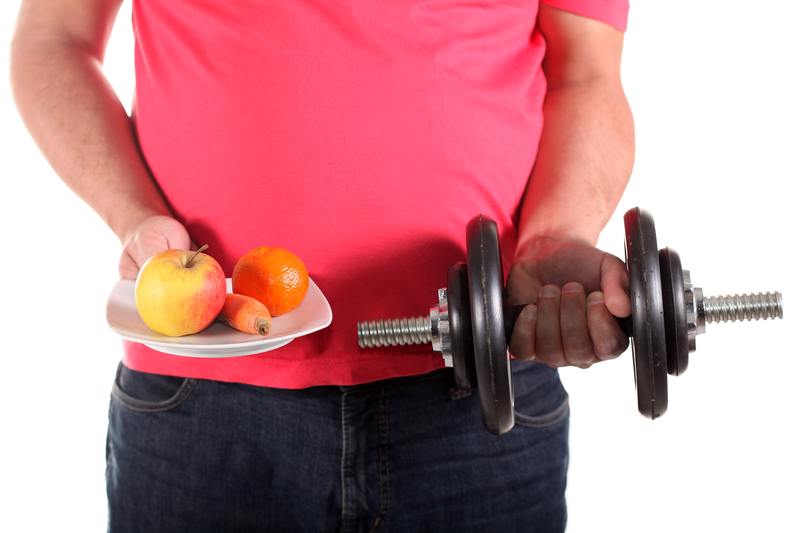
Losing as little as ten pounds is one of the most effective ways to reduce blood pressure. Blood pressure often increases as weight goes up. Being overweight also causes sleep apnea, which can disrupt breathing during sleep and raise blood pressure. Waist circumference also plays a role in blood pressure levels. Men with waistlines greater than forty inches and women with a waistline greater than thirty-five inches are at an increased risk of high blood pressure.
1. Get A Support System

Seek comfort and support in family members, friends, or even a therapist to help stay on track for improving health. Having someone to talk to or even drive to doctor’s appointments with is encouraging. Meeting someone for exercise is a good way to hold yourself accountable. Chatting with a dietician or nutritionist about food choices may help inspire better eating habits. Read books on high blood pressure and seek the support needed to make a change.
